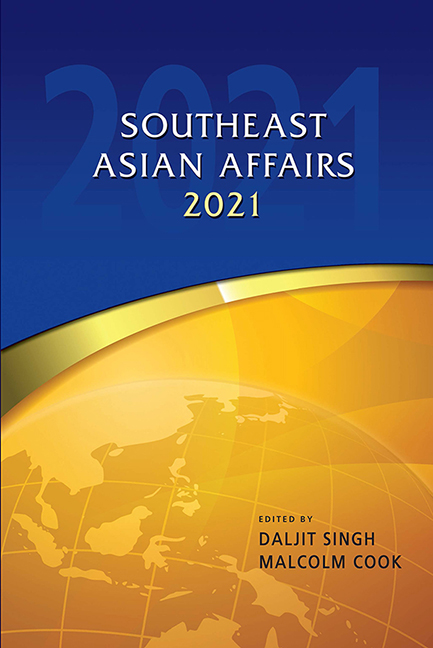Trade Disrupted: Global Tensions, US-China Trade War and COVID-19 Impact
Published online by Cambridge University Press: 09 October 2021
Summary
The word of the year for 2020, according to Collin's Dictionary, was “lockdown”. Cambridge Dictionary opted for “quarantine”. Oxford decided there were too many choices to even pick one at all. In the trade world, the best choice for 2020 may have been “disruption”. This paper considers three different sources of tension in trade that created significant disruption: a continuing collapse of the global trading system, the stressors caused by the unfolding US-China trade war, and the impact of the COVID-19 pandemic with its associated lockdowns and quarantines.
A Creaking Trading System
Heading into 2020, there were already significant signs of trade and economic distress building up in the system. The primary institution for managing global trade issues has been the World Trade Organization (WTO). Created in 1995 out of the post–World War II institution, the General Agreement on Tariffs and Trade (GATT), the WTO had been struggling to make progress on a variety of fronts.
The GATT/WTO system was built on creating a more liberal and open trading regime based on sets of negotiations among members. Each of these exercises, called a “round”, broadened and deepened the levels of commitment among members. This included creating sets of trade rules that included goods, services and intellectual property rights along with country-specific commitments.
The rulebook at the WTO is legally binding with an institutional structure called the dispute settlement system to manage conflict between member governments. Heading into 2020, however, at least two important stressors had appeared in the WTO regime.
First, the rulebook itself had not been fully updated since 1995. Other than a relatively modest addition to handle customs or border procedures more consistently, the 164 members in the WTO have been unable to agree on a comprehensive set of new rules. The Doha Development Round was launched in 2001 and never reached fruition. It has now been a quarter of a century since the last round was completed. Not every trade rule requires updating or adjustment, but the world has seen some significant unanticipated changes in all this time. An inability to manage updated rules has left governments trying to interpret existing rules for new situations, which is not ideal.
- Type
- Chapter
- Information
- Southeast Asian Affairs 2021 , pp. 39 - 52Publisher: ISEAS–Yusof Ishak InstitutePrint publication year: 2021

